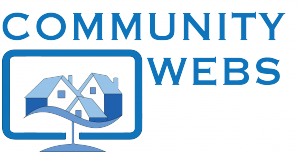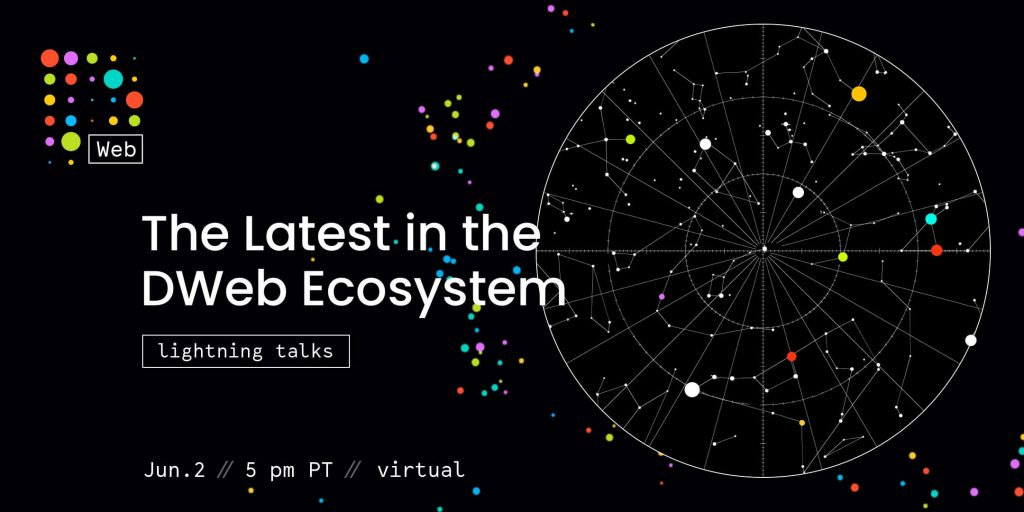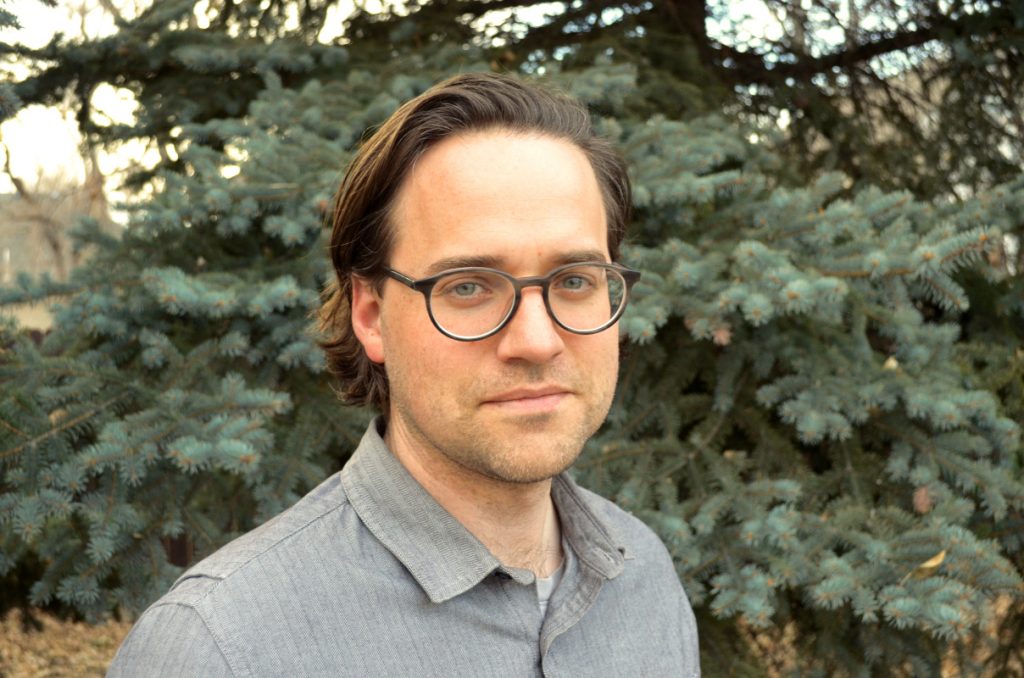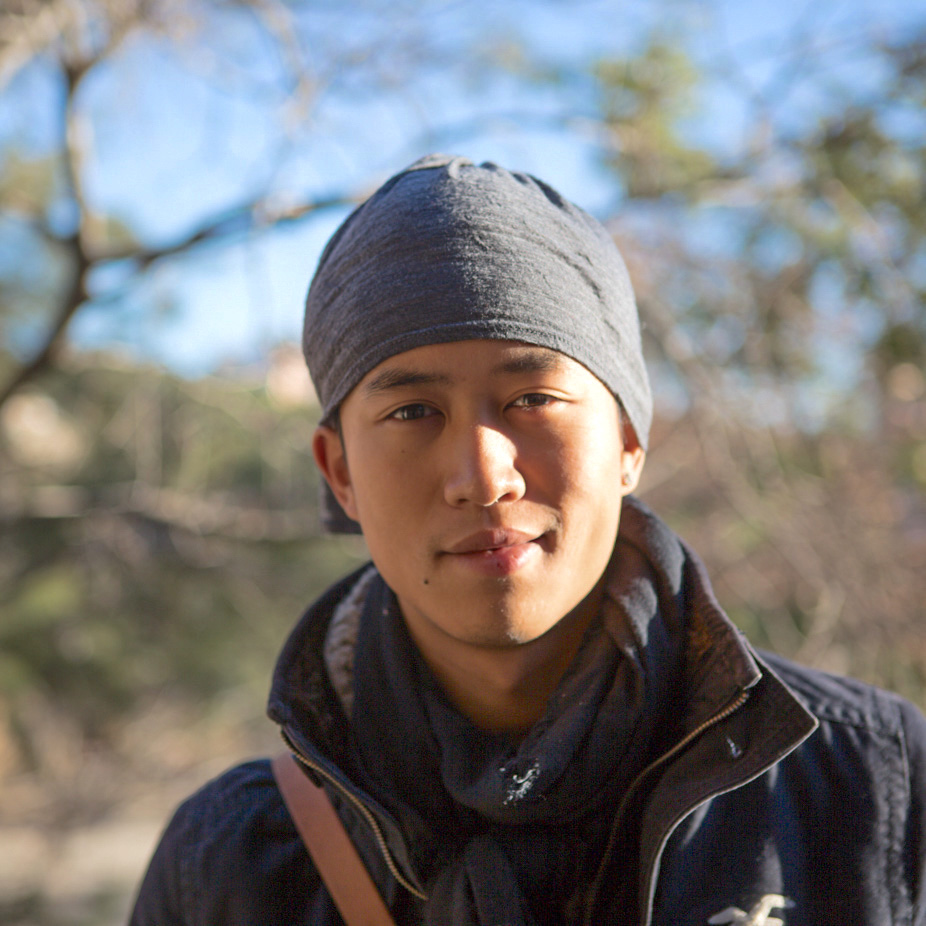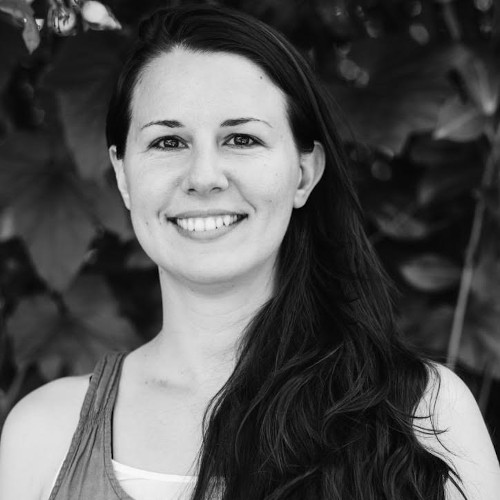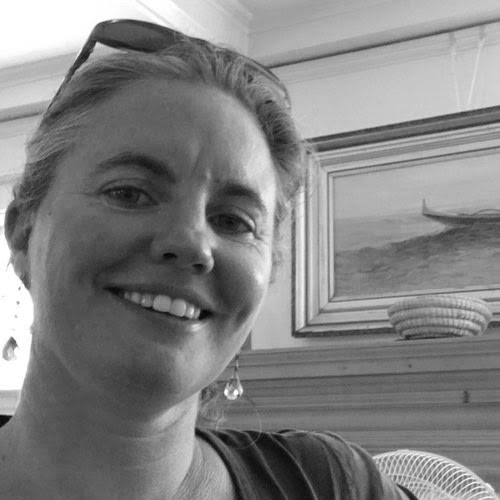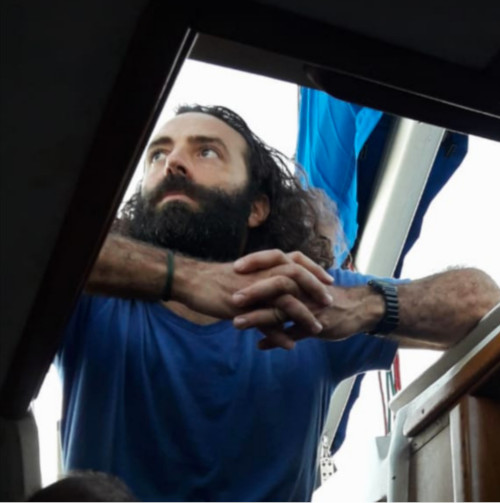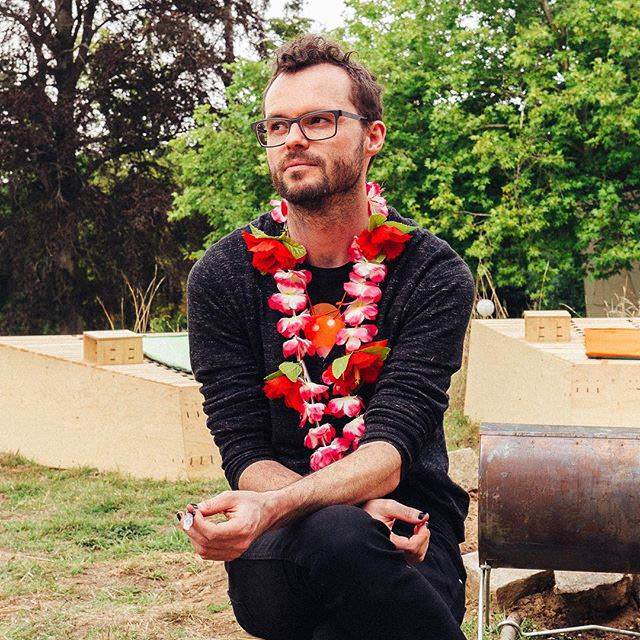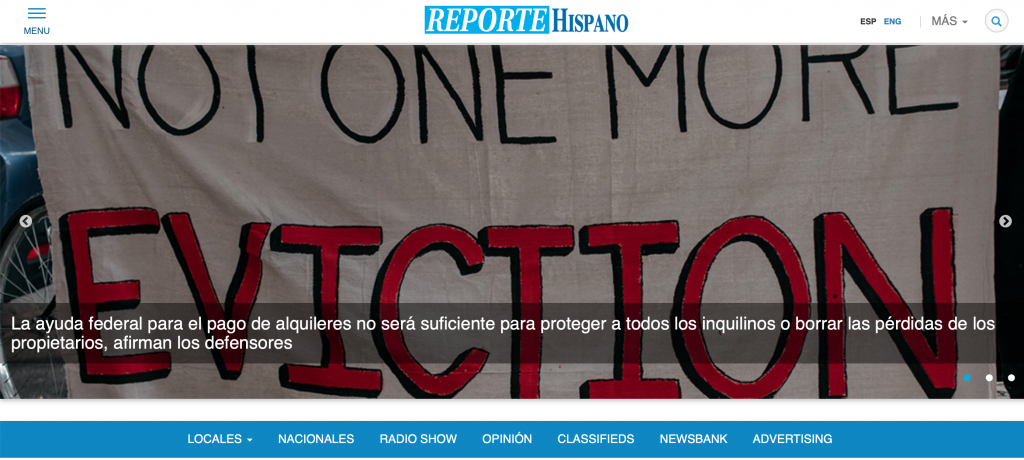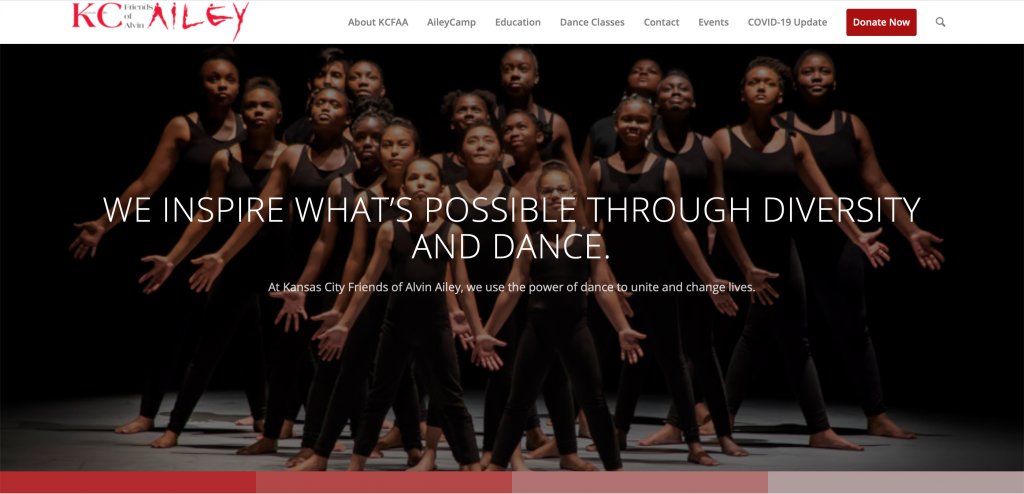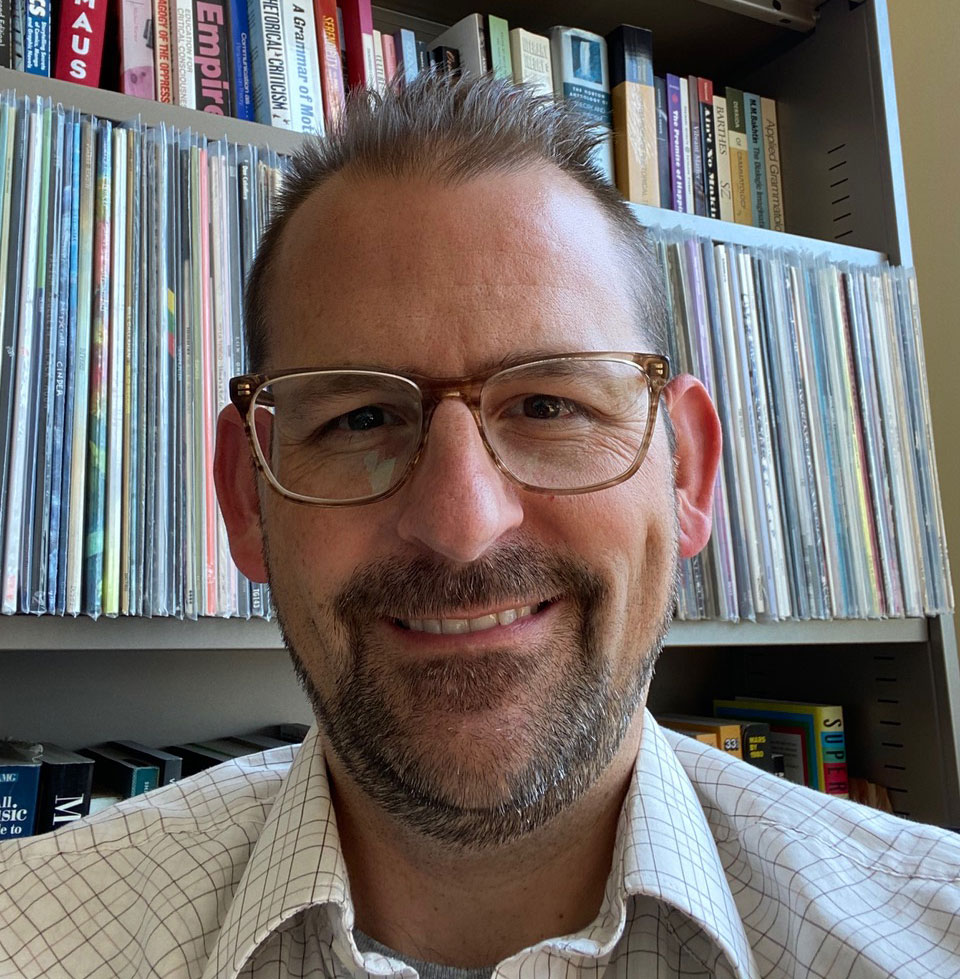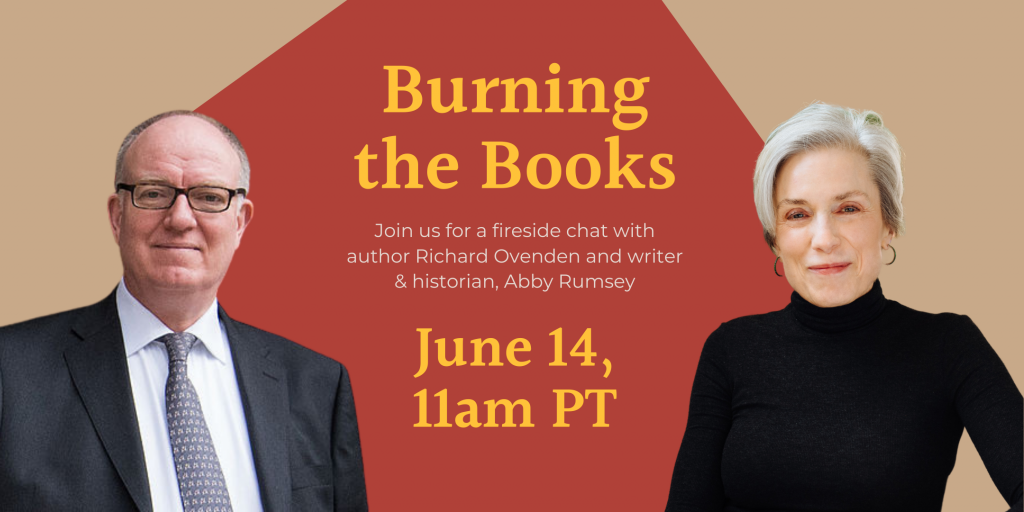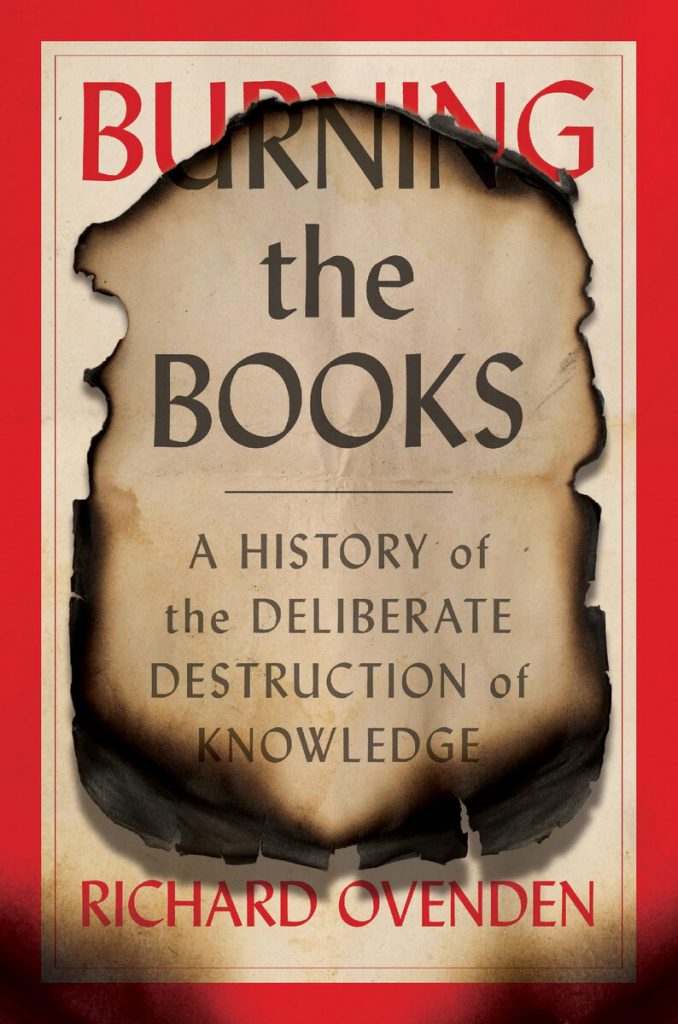
Johnson & Wales University started as a business school in Providence, Rhode Island, in 1914, expanding over the years to offer 80 majors on multiple campuses.
In June 2021, declining enrollment led JWU to consolidate, closing its North Miami and Denver locations. This left the future of the university’s library collection at those sites in limbo. To save the collection, JWU Denver donated 33,000 books—primarily from its culinary and hospitality programs—to the Internet Archive to be preserved, digitized and many will be lent digitally.
Merrie Valliant, director of library services at JWU’s campus in Denver, curated the rich collection, encompassing titles dating back to the early 1900s. The hospitality section contains books on all aspects of the hotel and restaurant business including management, leadership, and accounting. There are books on menu planning, food science and nutrition. And the assortment of cookbooks covers global cuisines and novelties, including Balinese and Indonesian food, an Antarctic expedition cookbook from 1945 with recipes for penguins and walruses—and even books on just a single ingredient, such as strawberries.
“We had cookbooks from all countries, all states and every continent. If someone were to look for an interesting recipe of Jamaican jerk or a good creole recipe from Louisiana, they would be able to find it,” Valliant said.
“The Internet Archive is going to keep it alive…It’s truly the library of the future…”
Merrie Valliant, director of library services, JWU Denver
With JWU’s 12,000 students only attending classes now in Providence, Rhode Island, and Charlotte, North Carolina, the library needed to downsize, and donating was the best option, Valiant said. In addition to the hospitality books, the donation included books on sports and event management, as well as books on criminal justice, business, law, history and fashion design.
The collection is clearly a treasure, said Liz Rosenberg, manager of donations for the Internet Archive.
“Merrie had been the librarian caring for these books for the past 20 years and she shared her hope that more students might be able to continue being inspired by the collection,” Rosenberg said. “Her dedication to the library at the Johnson and Wales Denver campus and her students was what got the Internet Archive so excited about preserving this great collection. We are pleased it can live on digitally.”
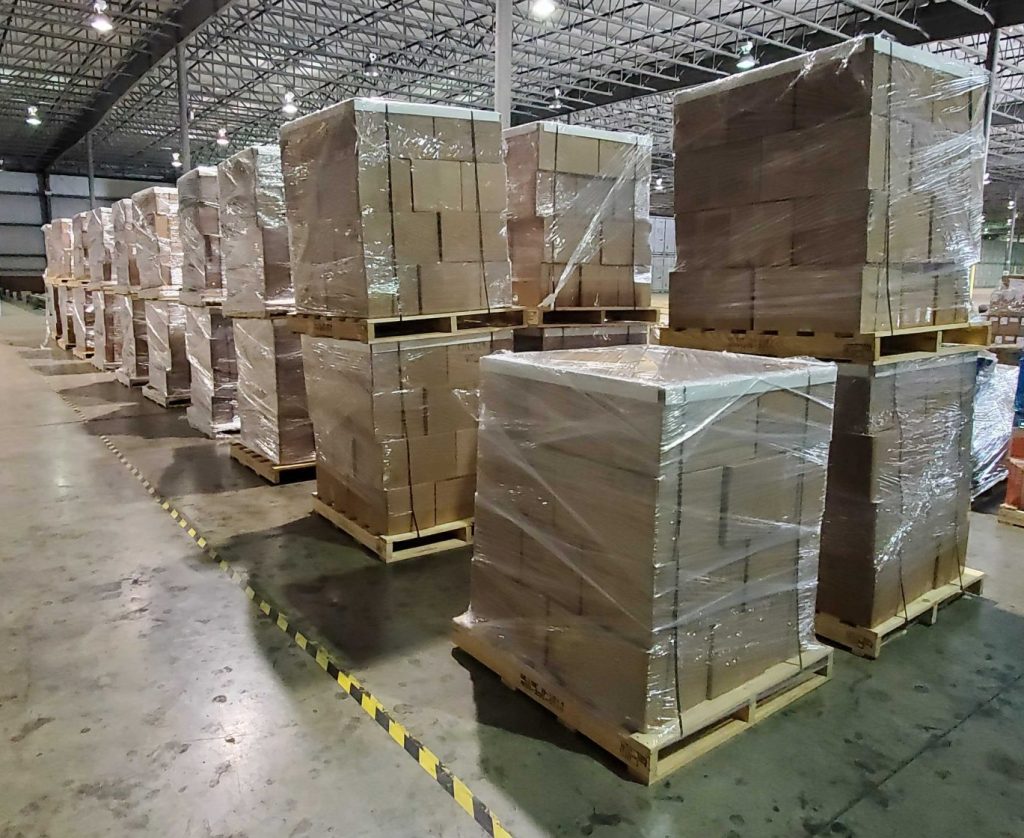
In May, Valliant, student workers, and volunteers helped fill more than 900 boxes with books from the Denver library. The 45 pallets were transported to the Internet Archive where they will be preserved and queued for scanning. “I had cataloged and touched almost every book on the shelf,” Valliant said. “It really was difficult to watch it being driven away. It felt like a family saying goodbye to a distinct part of their life.”
Yet, the books will have a future audience for years to come.
“The Internet Archive is going to keep it alive,” Valliant said. “It’s truly the library of the future where you can access it 24/7/365 when you need it. I think it’s wonderful that we’ve been able to contribute to that collection of information.”
***
If you have a collection that you would like to make available to all, the Internet Archive would be happy to preserve and digitize your materials:
- Check out our help center article for more information about donating physical items to the Internet Archive.
- Watch the recent webinar about our physical donations program.


